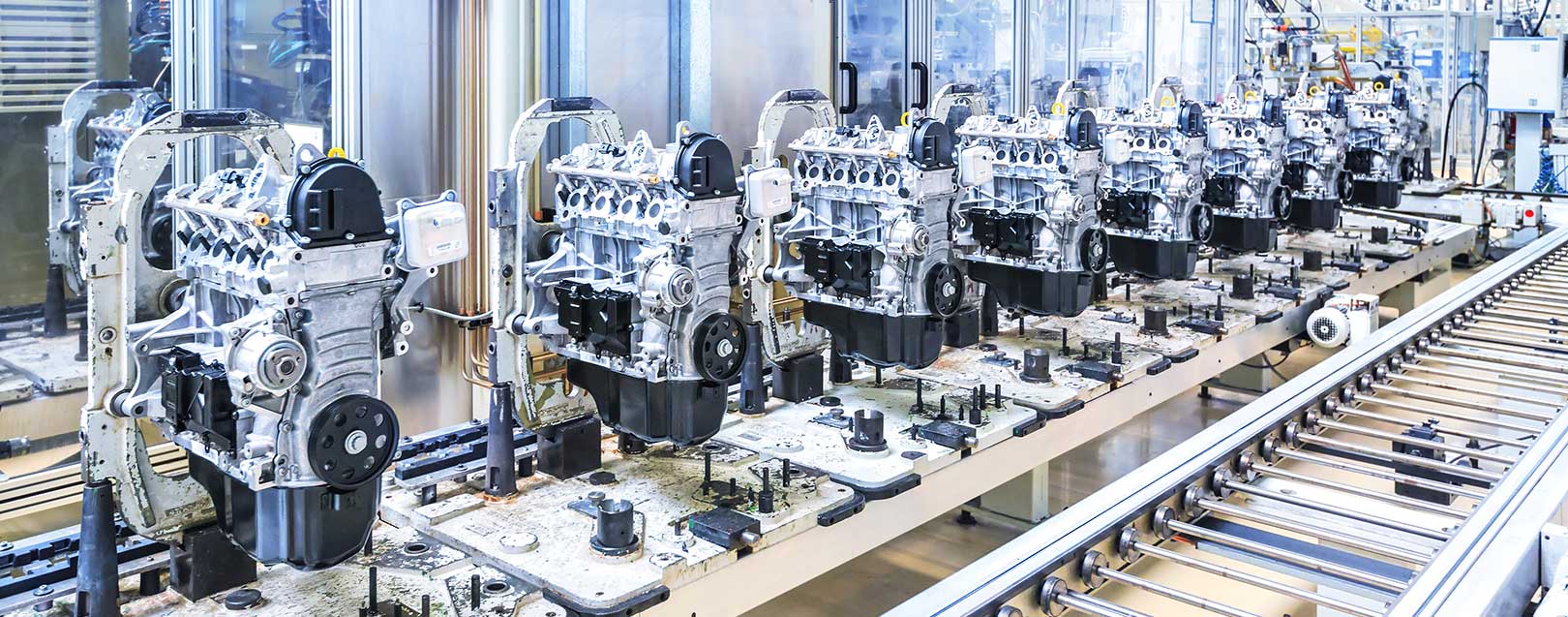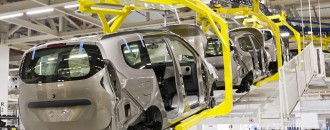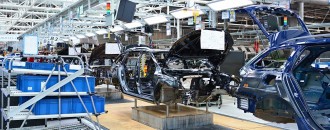
ACMA pegs auto components exports at $80 bn by 2026
Sreenivasa Rao Dasari
Setting a seven-fold rise in auto component exports for the next decade, Automobile Component Manufacturers Association (ACMA) has advised the industry to focus on quality and innovation. ACMA forecasts $70-billion exports by 2026 from the $10.8-billion level in 2015-16 financial year. According to Automotive Mission Plan 2016-26 (AMP), the Indian auto component industry aims to achieve $200 billion in revenues by 2026 including exports of $70-80 billion. India recorded auto component exports to Rs70,996 crore in 2015-16, which grew 3.5% from Rs 68,500 crore ($11.2 billion) in 2014-15. ACMA President Rattan Kapur has estimated that the auto component industry requires investments to the tune of $30-billion to achieve the target under AMP.
Speaking to The Dollar Business, Kapur said, “With increasing per capita vehicles in the country, the market in 2015-16 grew by 12% to Rs.44,660 crore ($ 6.8 billion) from Rs.39,875 crore ($6.5 billion) in the previous fiscal. For the fiscal 2015-16, an estimated capital investment in the range of Rs 2,700- 4,000 crore ($ 0.44 – 0.66 billion) was witnessed in the auto component sector, when compared to Rs 2,000-2,800 crore ($ 0.33 - 0.46 billion) investment in 2014-15.”
The $1.75-trillion global auto component industry is constantly growing with $500 billion as its contribution in value-addition. The top-100 component manufacturers in the country during 2015-16 financial year invested close to $50 billion in research and development (R&D). In the last one-decade, 50% of total innovations in the automotive sector were co-developed by the auto component sector. And this clearly indicates the auto component industry is the engine of growth contributing to the global economy.
Prime Minister Narendra Modi’s ‘Make in India’ campaign is strengthening the automobiles and auto components industry to move up the value chain in designing and manufacturing standards. However, the auto components industry is still facing several challenges, observes Kapur.
“During the FY-16, the Indian automotive industry faced several hurdles such as inconsistent monsoons leading to a slowdown in the rural demand and also certain regulatory developments like stricter emission norms, safety regulations and focus on fuel conservation leading to changing usage habits of automotive consumers. Further, the industry should focus on quality and innovation more than ever before to graduate from being ‘build to print’ mode to one that is ‘art to part,” observes Kapur.
Despite all odds, the Indian auto-component industry, however, registered a turnover of Rs. 2,55,635 crore ($39 billion) growing by 8.8%. It surpassed the Automotive Mission Plan 2006-16 target. The CAGR of the industry stood at 6% over a period of six years. Also, it is interesting to note, in a period when the overall exports of India declined by 9.58%, the Indian auto component exports grew by 3.5% to Rs70,996 crore ($10.8 billion) in 2015-16 from Rs 68,500 crore ($11.2 billion) during 2014-15, registering a CAGR of 18% over a period of six year,” explains Kapur.
ACMA has been supporting the auto component industry in exploring global export market and discovering new opportunities. The Indian auto component industry exports to over 160 countries.
Kapur further said that “in the coming decade, driven by needs of safety, fuel efficiency, sustainability and customer preferences, the Indian automotive industry will undergo a significant transformation. Amendment to Motor Vehicle ACT and legislations on vehicle recall and vehicle scrappage, focus on electric mobility and alternative fuels will also impact the industry dynamics.”
Over the next decade, the Indian Automotive sector is projected to contribute 12% to the country’s GDP and will comprise 40% of the domestic manufacturing sector. The AMP-2026 aims to make the Indian áutomotive industry a significant contributor to the ‘Skill India’ programme as it’s one of the largest job creating engines in the country. It is estimated that in the automotive industry alone, over 65 million jobs would be created in the next decade.





